June 22, 2020
This column is part of the World on Fire series, a five-part podcast that takes us to the front lines of out-of-control wildfires in Canada, Australia and California. Recorded during the COVID-19 pandemic, each episode examines what it takes to find hope in the midst of fear and destruction. Wildfires cost us our health, our homes and our communities, yet people everywhere rebuild and not just survive — but thrive. Find out more about the podcast here
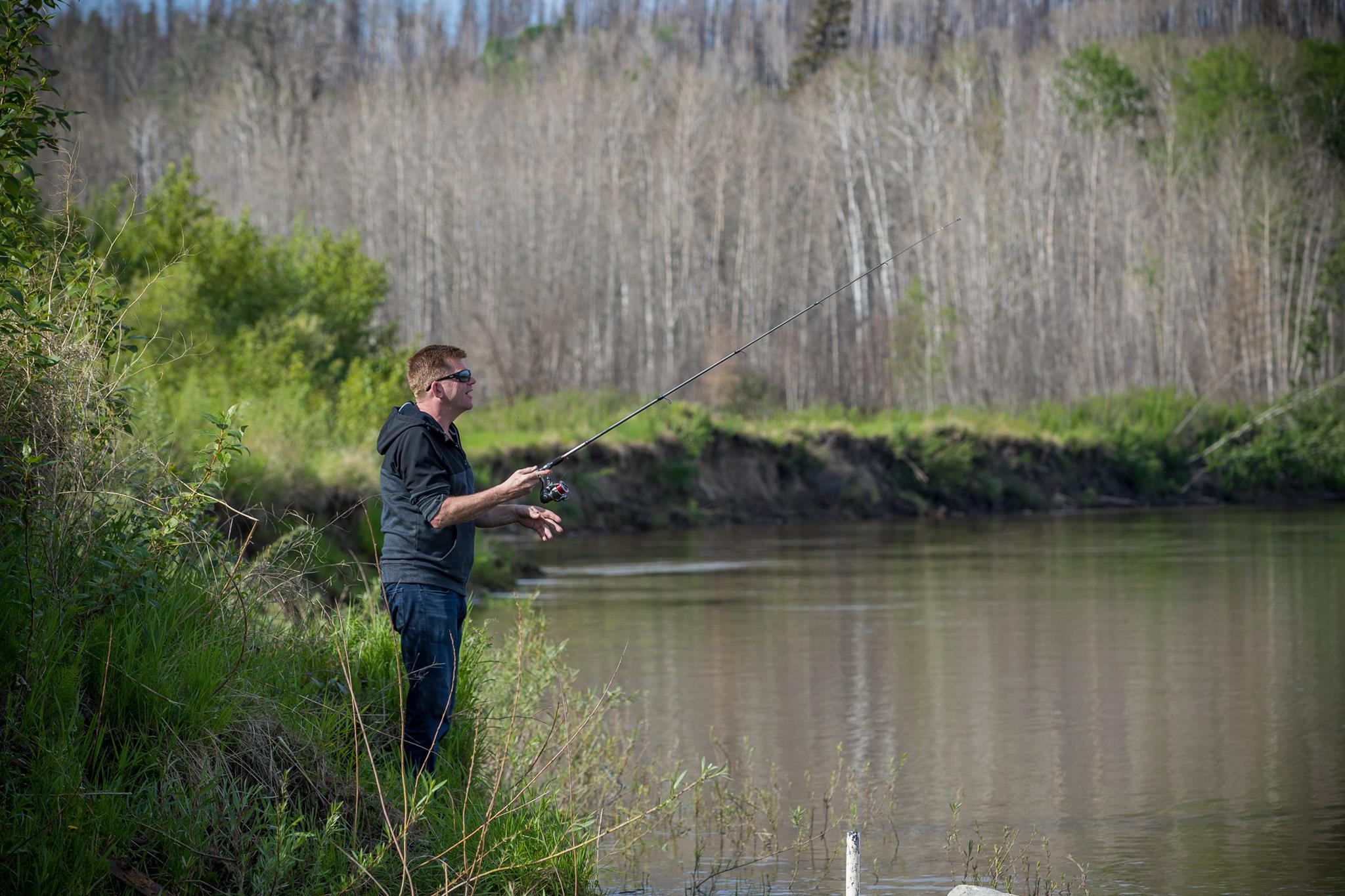
My family moved to Fort McMurray in 1967. I was just a young boy and my brothers and sisters and I had the pleasure of growing up in a wild, untouched part of the world where we learned to enjoy the outdoors and watched people succeed through their hard work and courage. My mother was everything to me and a big personality in the community; she made me keenly aware of how special Fort McMurray was. She wrote about the history of this place and was a part of so many of its moments.
We watched the community change and evolve. Fort McMurray became a place that attracted hard working, capable and resilient people. I raised my boys here and had some professional and financial successes here. I was blessed to have served my community in Ottawa for 10 years and was finishing my first year as its MLA and leader of the Opposition when the fire happened.
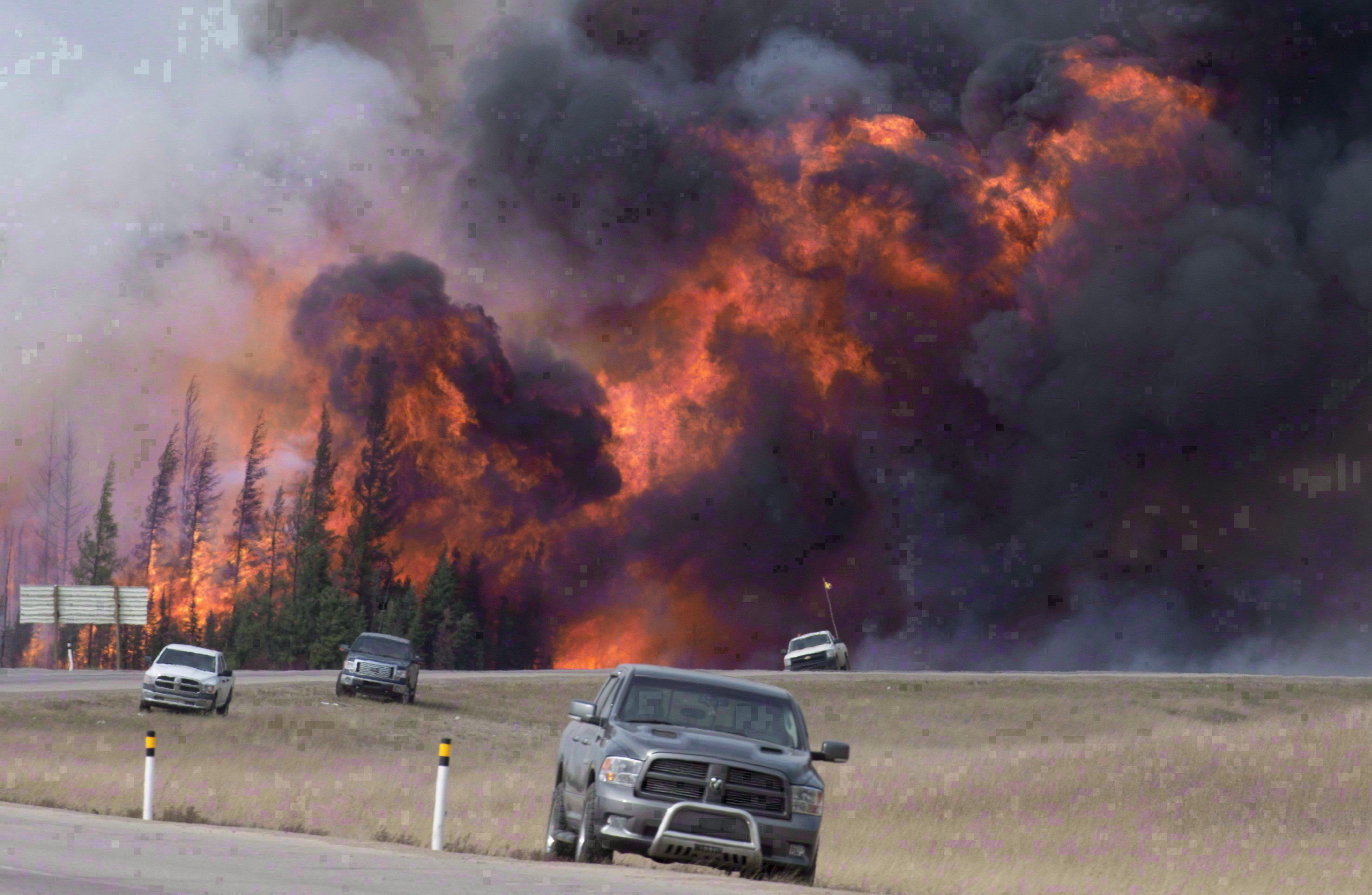
On May 2, I was informed that there was a fire not too far away from Fort McMurray. On May 3, I rose in the legislative assembly to ask the premier some questions about wildfire policy and water bombing - this is an issue that has been mismanaged for many years in Alberta. The premier answered my questions much more belligerently than she usually did. I am sure she still regrets that.
During that same question period, my nephew told me my home was on fire and many other places in Fort McMurray were at grave risk.
Tany Yao was my fellow MLA from Fort McMurray at the time and a former senior firefighter with the municipality. He and I immediately decided we should head home. We figured that things might get complicated, so we hit a Canadian Tire and a supermarket to stock up on gear and food and started the five-hour drive north. It was during this time that we learned that my home and several other homes of family members had been lost. We didn't actually get into town that night. By the time we got close, the mandatory evacuation was fully underway.
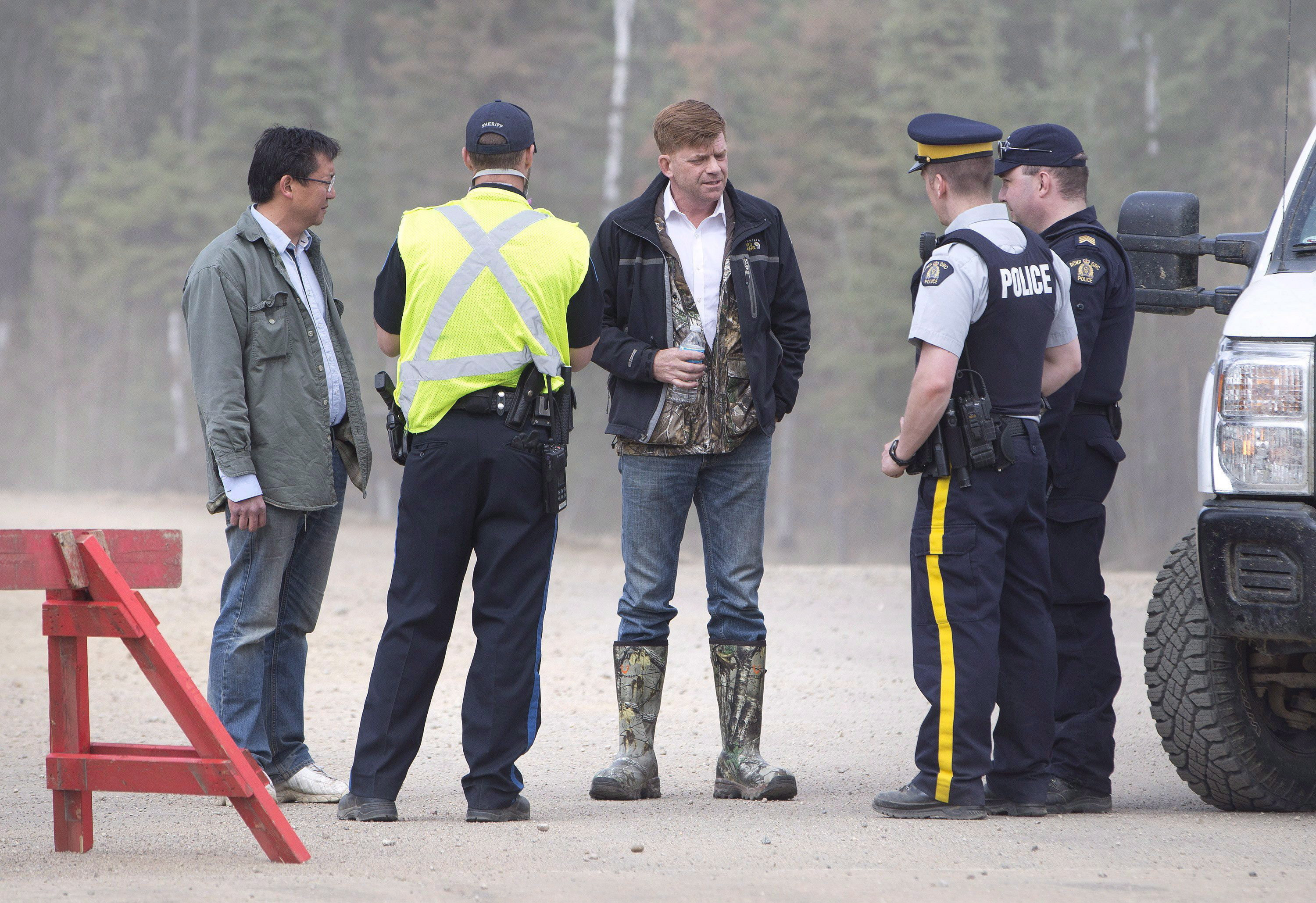
I was so proud of the people of Fort McMurray that day. Some 90,000 people evacuated a city over a few hours. It could only have happened in a place where everyone was well-versed in safety culture. I think the decisions to evacuate some people north and to open parts of the northbound highway to southbound traffic saved lives. But more than anything else, it was the calm professionalism of McMurrayites that made the difference.
The fire that came to be known as the Beast disrupted so many lives and caused so much pain. I was just one of thousands who lost their home. It was painful but like I said at the time "it was just stuff" and stuff doesn't matter as much as lives do.
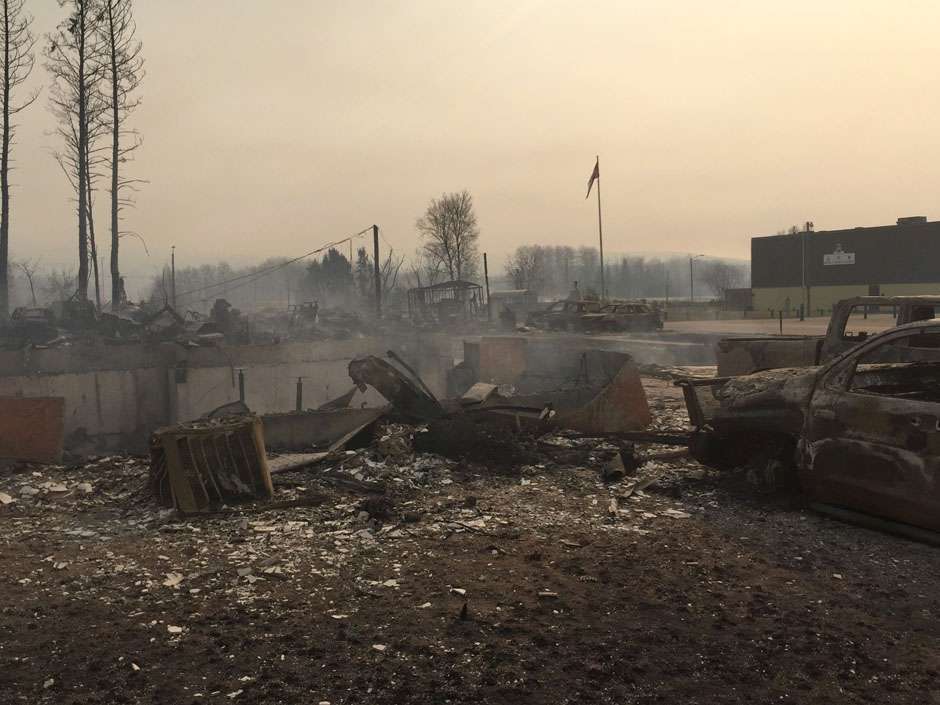
The fire highlighted some serious policy issues. We need to do a better job in monitoring wildfires near population centres. A fire 40 kilometres away is very close when the winds start blowing. We need to create systems similar to weather warnings to prepare people and to get their attention. Communities at risk need to have a better understanding of evacuation procedures. And we need to reform home insurance so that there is standardized insurance policy language like we have in auto insurance. It is unacceptable that next-door neighbours paying almost identical premiums for home insurance can have completely different outcomes because of sly policy differences between companies.
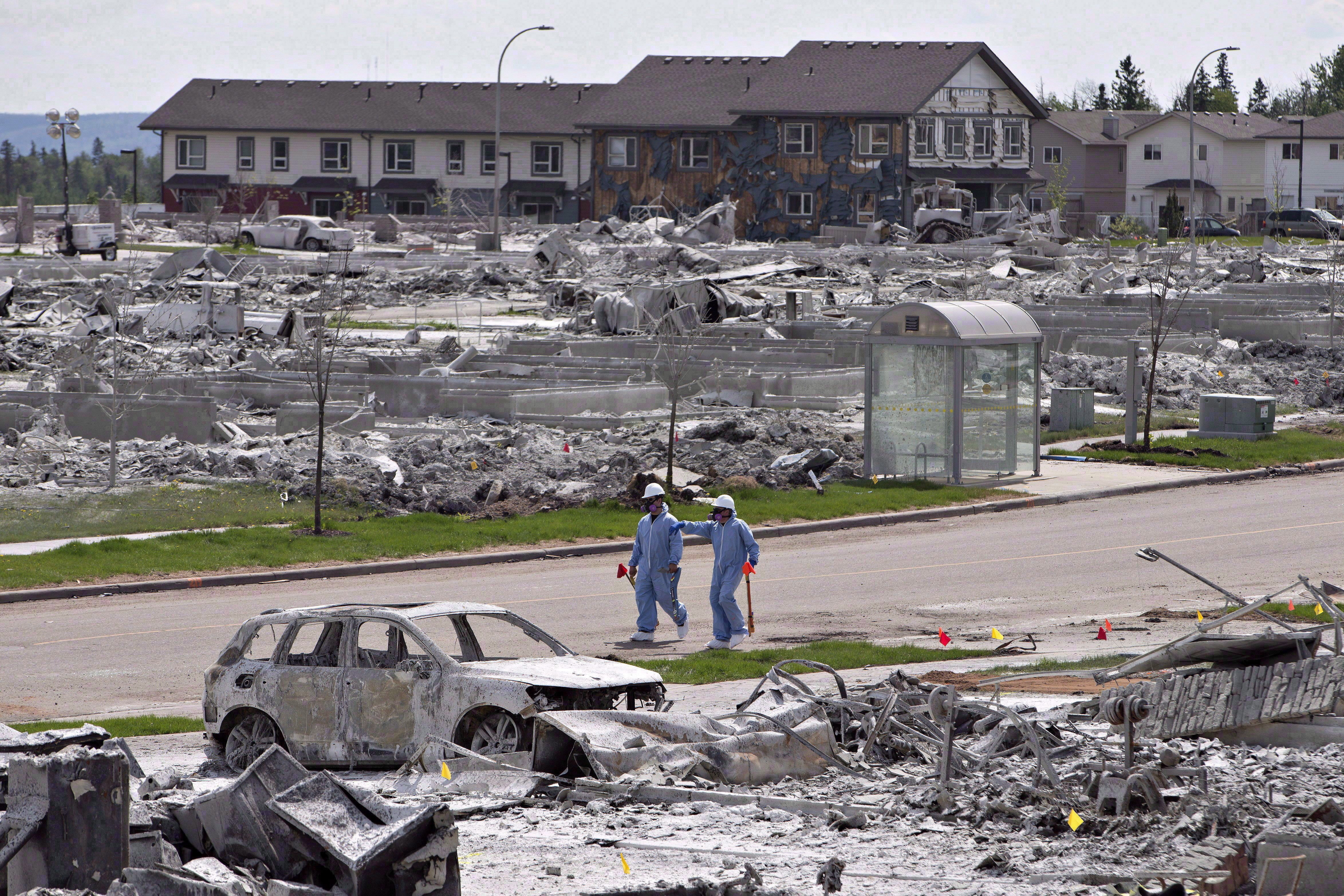
It took a long time for folks to rebuild from the fire. Many were still finishing up in 2019 and others are still fighting with their insurers.
Personally, I had wanted to rebuild in the Waterways neighbourhood, but a variety of things prevented that. In late 2018, based on my mother’s persuasion, I started the process of rebuilding my permanent home on a piece of property in Draper. It is a lovely piece of land high up on the bank of my beloved Clearwater River and it had never flooded in living memory, including during the huge flood of 1977.
Our home was almost finished when, on April 26, the Athabasca and the Clearwater rivers jammed with ice and began to overrun their banks.
I was home that Sunday and our family evacuated just in time before the river flooded out the roads from Draper. The water came way past the high banks and seven feet up the walls of the ground floor of the house. Most of "the stuff" that we had bought to replace "the stuff" we lost is the fire is gone, as are many of my wife’s personal keepsakes and mementos that she had just received from her parents in Ontario. Other family members also lost their rebuilt homes that day.
I sent my wife and baby daughter to Edmonton and headed to my mother's home in downtown Fort McMurray. She died in 2018 and I rushed to the family home with a mind to saving it.
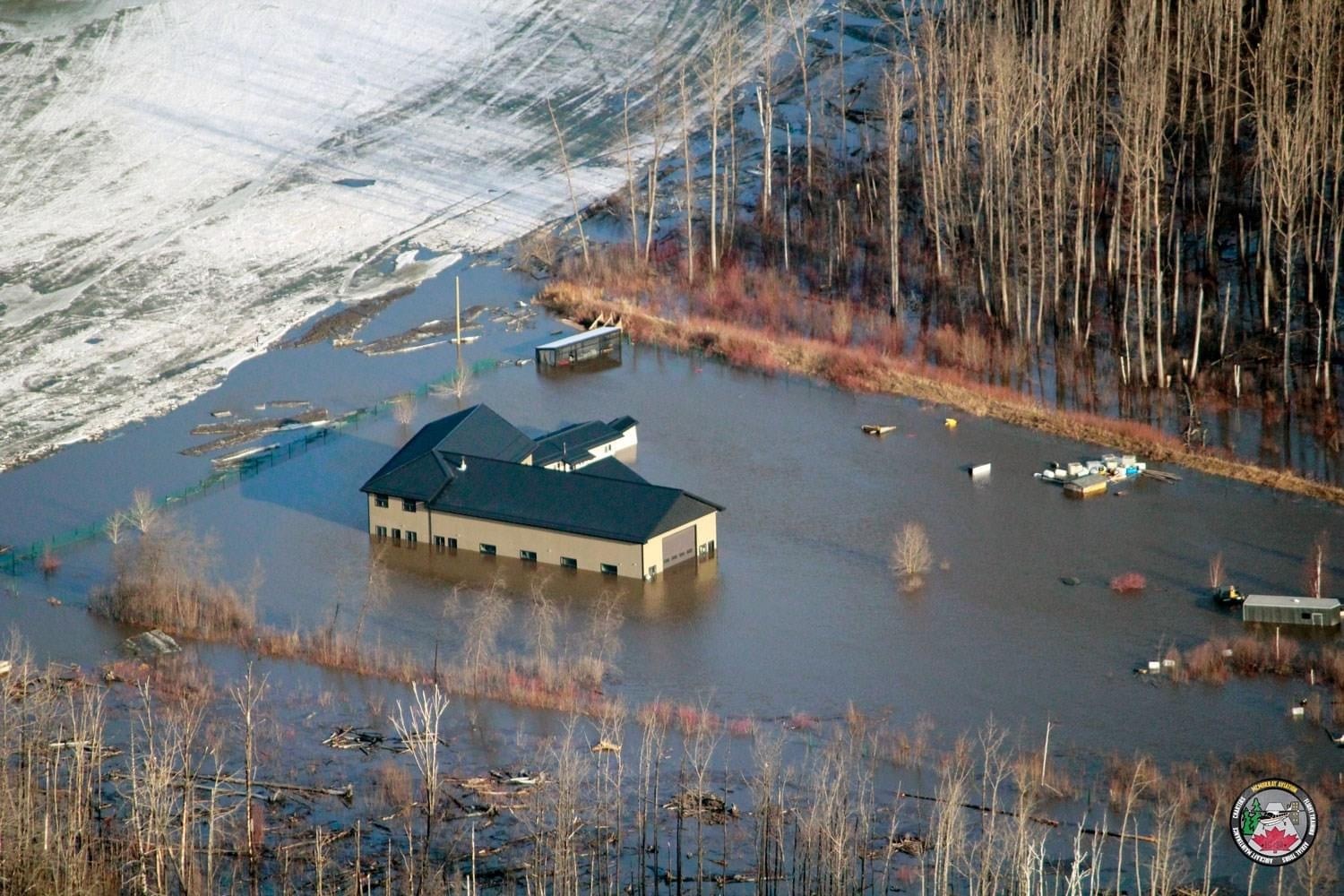
Like the fire, the flood also showed policy shortcomings in our approach to emergencies.
The flood was never an imminent threat to life the way a wildfire was, and the response of the authorities made the damages worse. Ice-jam floods are slow-moving disasters which can be predicted and watched.
"The authorities seemed to forget how capable the citizens of Fort McMurray are."
Many people suffered huge losses in Fort McMurray when the evacuation was ordered. The evacuation was larger than it should have been and earlier that it needed to be in the few places where it was actually needed.
The authorities seemed to forget how capable the citizens of Fort McMurray are. I was able to save the basement of my mom's house by stopping up all of the drains, sandbagging the basement windows, and pumping out water. Many others could have done the same, had they been there to protect their homes.
Alberta authorities need to learn lessons from places in the States that are subject to occasional flooding and have well-thought-out procedures to handle evacuations. Those places trust in the resourcefulness of their citizens and so should we.
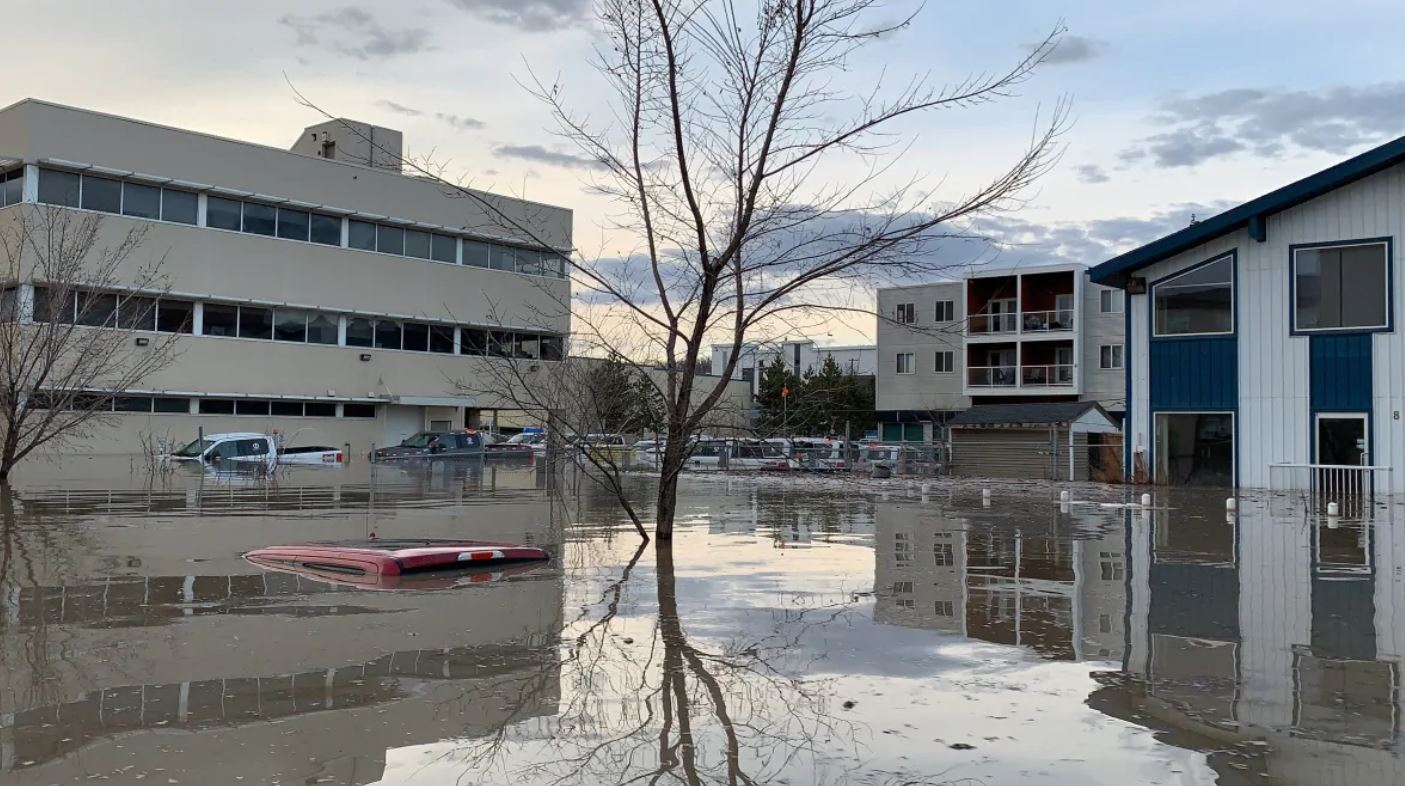
"Many are devastated and struggling to find the courage to rebuild a second time."
As we push through the rebuilding process the horrible insurance lessons of the fire are reappearing. Once again, two houses on the same street, with different insurers and near-identical premiums, are having completely different experiences. It is not fair or right.
Again, no one lost their life to the flood in Fort McMurray, and that is a blessing.
But many are devastated and struggling to find the courage to rebuild a second time. Some probably won't be able to stomach it. But I love this place, and my parents and my son are buried here, and I have confidence that it will once again be successful and prosperous.
Fort McMurray has been good to me and my family and I will find the courage to give it another go, but it won't be easy.
